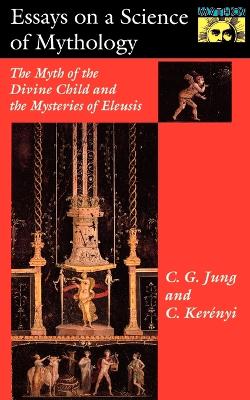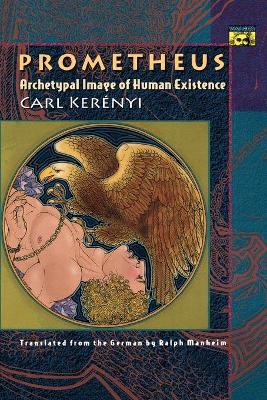Mythos: The Princeton/Bollingen Series in World Mythology
4 total works
No other god of the Greeks is as widely present in the monuments and nature of Greece and Italy, in the sensuous tradition of antiquity, as Dionysos. In myth and image, in visionary experience and ritual representation, the Greeks possessed a complete expression of indestructible life, the essence of Dionysos. In this work, the noted mythologist and historian of religion Carl Kerenyi presents a historical account of the religion of Dionysos from its beginnings in the Minoan culture down to its transition to a cosmic and cosmopolitan religion of late antiquity under the Roman Empire. From the wealth of Greek literary, epigraphic, and monumental traditions, Kerenyi constructs a picture of Dionysian worship, always underlining the constitutive element of myth.
Included in this study are the secret cult scenes of the women's mysteries both within and beyond Attica, the mystic sacrificial rite at Delphi, and the great public Dionysian festivals at Athens. The way in which the Athenian people received and assimilated tragedy in its immanent connection with Dionysos is seen as the greatest miracle in all cultural history. Tragedy and New Comedy are seen as high spiritual forms of the Dionysian religion, and the Dionysian element itself is seen as a chapter in the religious history of Europe.
The Sanctuary of Eleusis, near Athens, was the center of a religious cult that endured for nearly two thousand years and whose initiates came from all parts of the civilized world. Looking at the tendency to "see visions," C. Kerenyi examines the Mysteries of Eleusis from the standpoint not only of Greek myth but also of human nature. Kerenyi holds that the yearly autumnal "mysteries" were based on the ancient myth of Demeter's search for her ravished daughter Persephone--a search that he equates not only with woman's quest for completion but also with every person's pursuit of identity. As he explores what the content of the mysteries may have been for those who experienced them, he draws on the study of archaeology, objects of art, and religious history, and suggests rich parallels from other mythologies.


